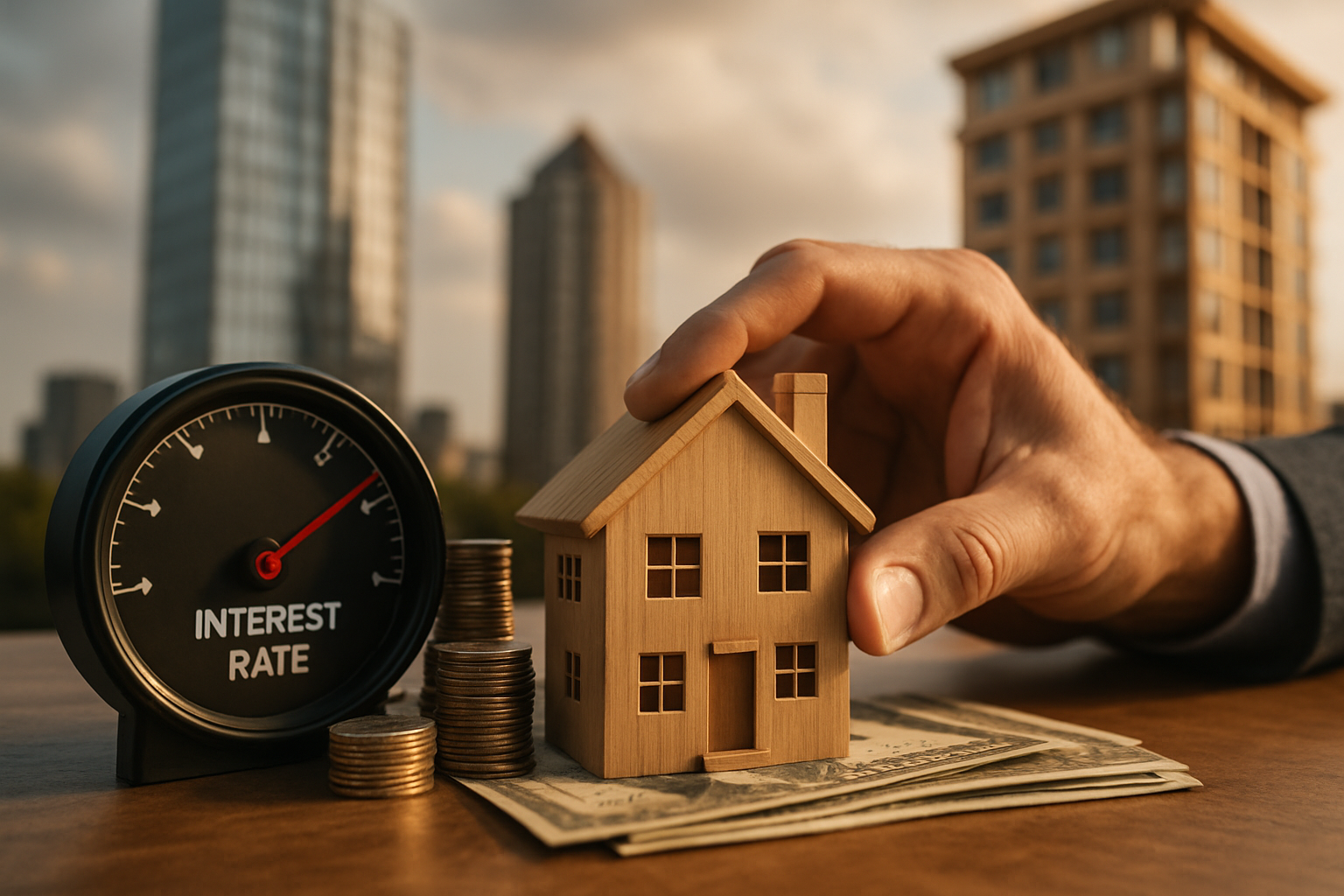Understanding Home Value: Key Factors and Assessment Methods
Home value represents the current market worth of a residential property, influenced by location, condition, market trends, and comparable sales. Understanding how property values are determined helps homeowners make informed decisions about buying, selling, or refinancing their homes in today's dynamic real estate market.

What Determines Real Estate Property Value
Several fundamental factors influence how much a home is worth in today’s market. Location remains the most significant determinant, with properties in desirable neighbourhoods, good school districts, and areas with strong infrastructure typically commanding higher values. The physical condition of the property, including structural integrity, age, and recent renovations, also plays a crucial role in establishing market worth.
Market conditions significantly impact property valuations. During periods of high demand and low inventory, home values tend to increase, while oversupplied markets may see values stabilise or decline. Economic factors such as interest rates, employment levels, and local economic growth also influence property values across different regions.
How Real Estate Homes Are Professionally Appraised
Professional property appraisals provide objective assessments of home value using standardised methodologies. Licensed appraisers examine the property’s physical characteristics, compare it to recently sold similar properties, and consider current market conditions. They evaluate factors including square footage, number of bedrooms and bathrooms, lot size, and unique features that may add or detract from value.
The comparative market analysis (CMA) approach involves examining recent sales of similar properties within the same area. Appraisers typically look at homes sold within the past six months that share similar characteristics such as size, age, and location. This method provides a reliable baseline for determining fair market value.
Real Estate Property for Sale Valuation Methods
When properties enter the market, sellers and agents use various valuation methods to establish competitive pricing. The sales comparison approach remains the most common method, analysing recent sales of comparable properties to determine appropriate listing prices. This approach considers adjustments for differences in property features, condition, and location.
The cost approach estimates value based on the cost to rebuild the property from scratch, minus depreciation, plus land value. This method proves particularly useful for newer properties or unique homes with few comparable sales. The income approach, primarily used for investment properties, calculates value based on potential rental income and cap rates.
Market Trends Affecting Property Values
Current market trends significantly influence home values across different regions. Demographic shifts, such as population growth or decline, directly impact demand and pricing. Areas experiencing job growth and economic development typically see increased property values, while regions facing economic challenges may experience slower appreciation or value declines.
Seasonal patterns also affect property values, with spring and summer traditionally showing higher activity and potentially stronger pricing. However, these patterns can vary based on local market conditions and economic factors. Understanding these trends helps property owners make informed decisions about timing sales or purchases.
Professional Valuation Services and Costs
Various professionals provide property valuation services, each serving different purposes and price points. Understanding these options helps property owners choose the most appropriate service for their needs.
| Service Type | Provider | Cost Estimation |
|---|---|---|
| Full Appraisal | Licensed Appraiser | $400-$800 |
| Automated Valuation Model | Online Platforms | $0-$50 |
| Comparative Market Analysis | Real Estate Agent | Usually Free |
| Desktop Appraisal | Licensed Appraiser | $200-$400 |
| Drive-by Appraisal | Licensed Appraiser | $250-$500 |
Prices, rates, or cost estimates mentioned in this article are based on the latest available information but may change over time. Independent research is advised before making financial decisions.
Factors That Can Increase Home Value
Homeowners can take specific actions to potentially increase their property’s value. Kitchen and bathroom renovations typically provide strong returns on investment, particularly when updating outdated fixtures and appliances. Adding usable square footage through finished basements or attic conversions can also boost property value.
Curb appeal improvements, including landscaping, exterior painting, and updated entry features, create positive first impressions that translate to higher perceived value. Energy-efficient upgrades such as new windows, insulation, and HVAC systems not only reduce operating costs but also appeal to environmentally conscious buyers.
Understanding home value involves recognising the complex interplay of location, condition, market forces, and timing. Whether buying, selling, or simply monitoring investment performance, property owners benefit from staying informed about valuation methods and market trends. Professional appraisals and comparative market analyses provide reliable foundations for making informed real estate decisions in today’s dynamic market environment.




